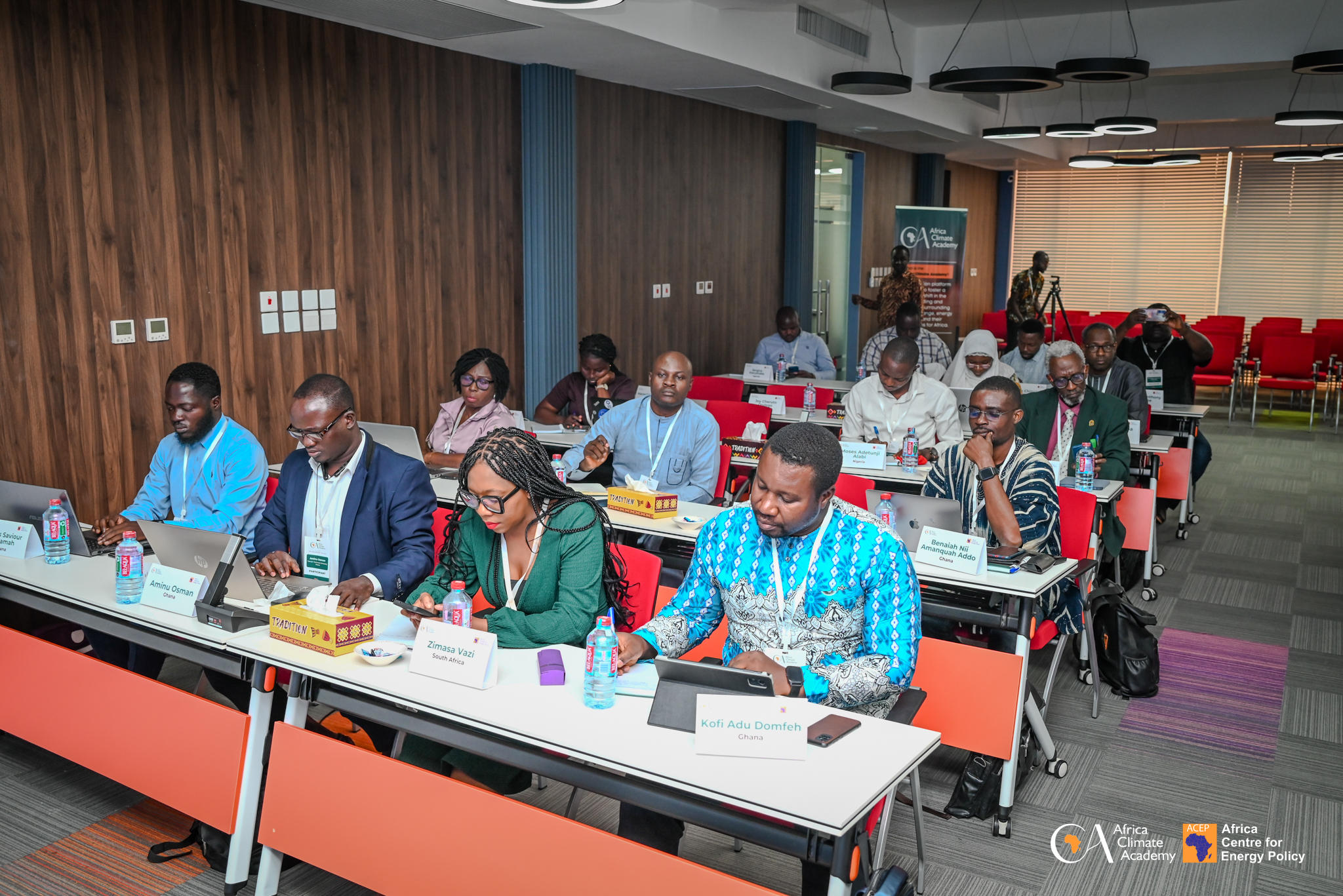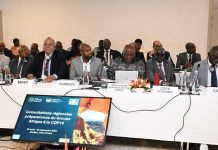
By Kofi. Adu. Domfeh
Africa faces knowledge gaps that hinder engagements in the global energy transition, even as countries set ambitious net-zero targets and major oil companies shift toward cleaner energy.
The Africa Centre for Energy Policy (ACEP), a policy think tank, believes the continent needs fresh perspectives on the risks of oil dependence and the energy transition opportunities for inclusive growth and development.
“It is time for us to think about how we can be part of the economic transformation from renewable energy, in spite of the challenges of climate change,” said Benjamin Boakye, ACEP Executive Director.
He was addressing the inaugural cohort of the Africa Climate Academy, an educational platform designed to reshape perceptions, build knowledge, foster collaboration, and empower advocacy for a sustainable future.
The Academy brought together policymakers, media professionals, civil society leaders, and academics to acquire the knowledge and tools to address Africa’s climate and energy challenges and drive sustainable action.
The primary goal of the energy transition is to achieve carbon neutrality by 2050, but a just transition will need Africa to be at the forefront of implementation.
Strong voices have advocated for Africa to use nuclear energy, emphasizing that it is cheaper and an option for industrialization.
Benjamin Boakye, however, believes “the argument that we cannot industrialize with renewable energy is being challenged due to improving technology to ease access to solar, among others”.
Failure of the Paris Agreement
Climate change is affecting every inhabited region across the globe, with human influence contributing to many observed changes in weather and climate extremes.
Human-induced climate change has contributed to increases in agricultural and ecological droughts in some regions due to evapotranspiration increases.
Prof. Nana Ama Browne Klutse, Head of the Department of Physics at the University of Ghana and Vice Chair of IPCC


















